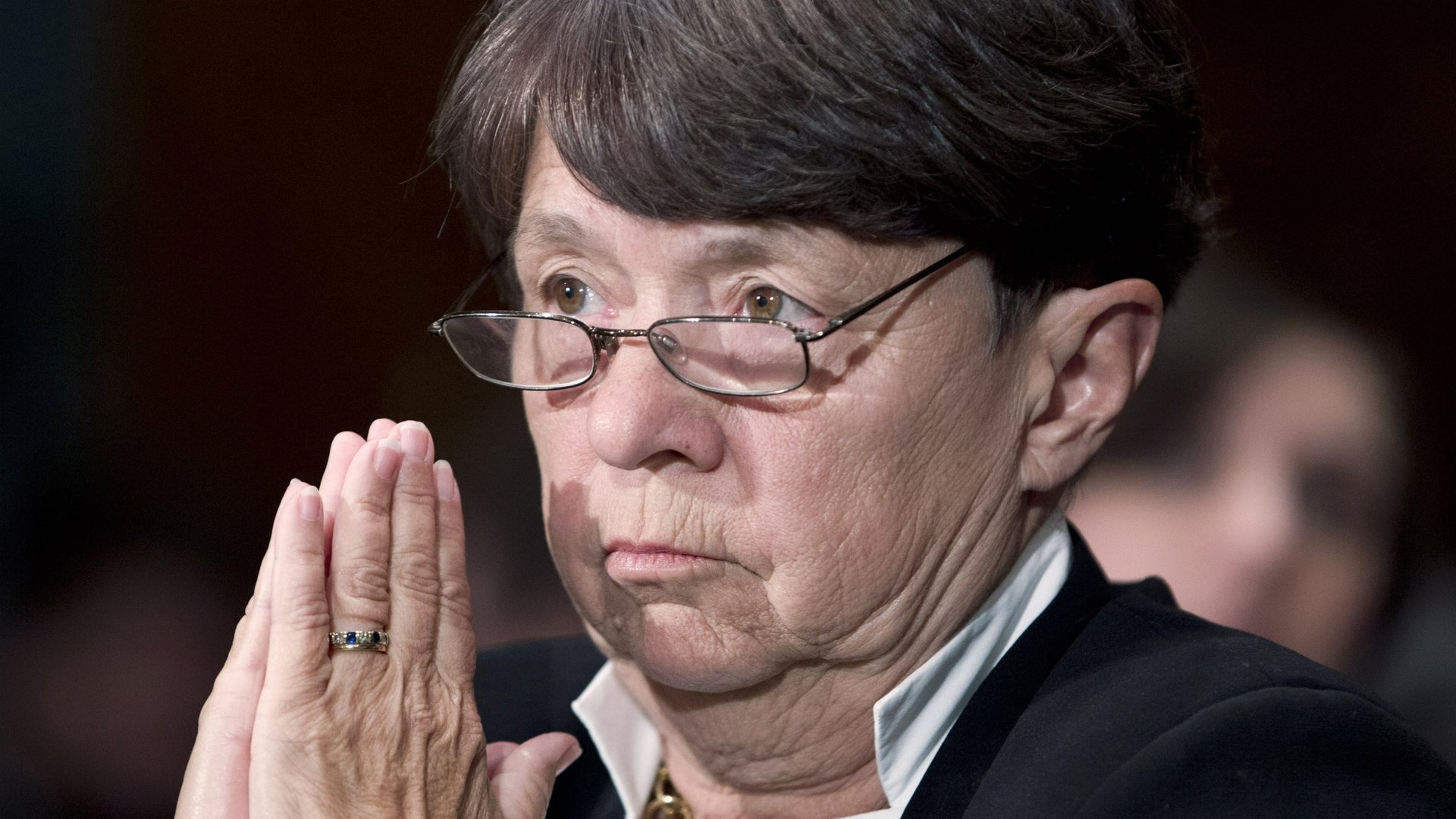The SEC may get JP Morgan to pay over $700 million—but more importantly, to ‘fess up
Various news reports suggest that JP Morgan is likely to pay more than $700 million in fines over losses related to the “London Whale” trade—a big bet on European corporate debt that went awry by more than $6 billion. But bigger even than the fines: JP Morgan is likely to admit guilt (paywall).


Various news reports suggest that JP Morgan is likely to pay more than $700 million in fines over losses related to the “London Whale” trade—a big bet on European corporate debt that went awry by more than $6 billion. But bigger even than the fines: JP Morgan is likely to admit guilt (paywall).
Up until recently, the US Securities and Exchange Commission had typically allowed financial firms to pay a fine to settle probable violations, but “neither admit nor deny” guilt for the incident. But Mary Jo White, who took charge of the regulator earlier this year, has been singing a different tune. Symbolic as it may be, she’s been keen on getting violators to publicly accept blame.
And in this case, it certainly looks like JP Morgan made surprisingly horrendous errors. An internal investigation revealed that the bank failed to hand over documents regulators requested, manipulated its risk-accounting standards to allow it to take outsized risk, and otherwise scoffed in the face of regulators.
So far in 2013, the SEC’s record has been mixed. It got a court to find a very mid-level—if high-profile—former Goldman Sachs employee guilty of vague financial crisis infractions. It succeeded in taking out Harbinger Capital Partners chief Phil Falcone for tax violations and client favoritism, and got him to admit guilt and accept a five-year industry ban. But its pursuit of Steven Cohen and his hedge fund SAC Capital over insider trading has dragged on without resolution.
And though Falcone and Cohen are Wall Street big-wigs, the massive investment banks are a whole other class of prey for the SEC. I wrote in January that the “London Whale” scandal had angered regulators, but that the bank was likely to get away with a slap on the wrist. Today’s news, if confirmed, would suggest that in fact, White’s bite may be as sharp as her bark.